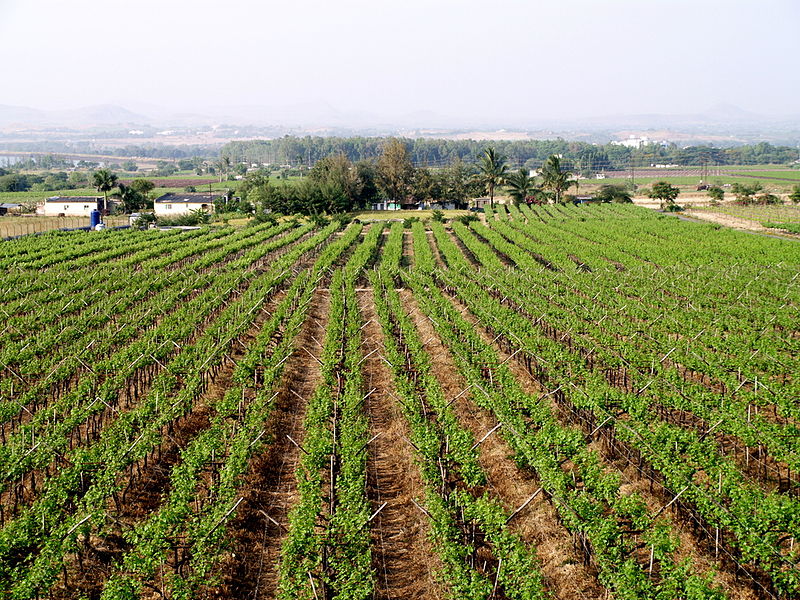
ESSIC/AOSC Professor Raghu Murtugudde is a co-author on a recent paper titled “Short and Medium Range Irrigation Scheduling using Stochastic Simulation‐Optimization Framework with farm‐scale Ecohydrological Model and Weather Forecasts” alongside colleagues from the Institute of Technology Bombay’s Department of Civil Engineering.
Despite remarkable improvements in skillful weather forecasting, applications in irrigation water management at a farm scale are still limited, likely due to the scale mismatch between models and complexities in farmscale ecohydrological processes. In this study, the researchers worked with farmers of two pilot sites in Nashik, Maharashtra, India to develop an agricultural decision-making tool meant to minimize irrigation water application using short to medium range forecasts.
With this framework, the researchers found that irrigation water use could be reduced by 10‐30%. Considering that irrigation accounts for over 80% of the total water use worldwide, the value of such an approach as a decision‐support tool for irrigation optimization is self‐evident.
In addition to his work at ESSIC, Murtugudde is an Affiliate Professor for the Department of Geology currently serving as a Visiting Professor in Bombay, India. He works primarily in climate studies, exploring the co-evolution of life and climate and what it means for sustainability.
To access the article, click here: “Short and Medium Range Irrigation Scheduling using Stochastic Simulation‐Optimization Framework with farm‐scale Ecohydrological Model and Weather Forecasts”.






